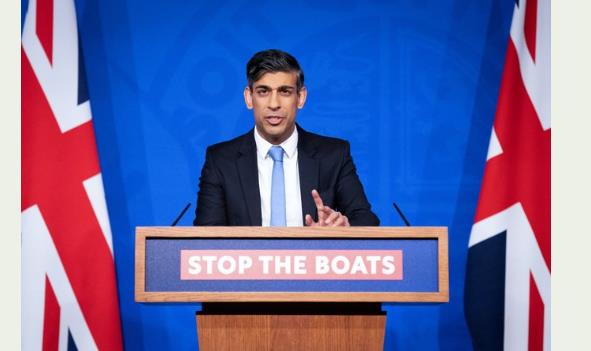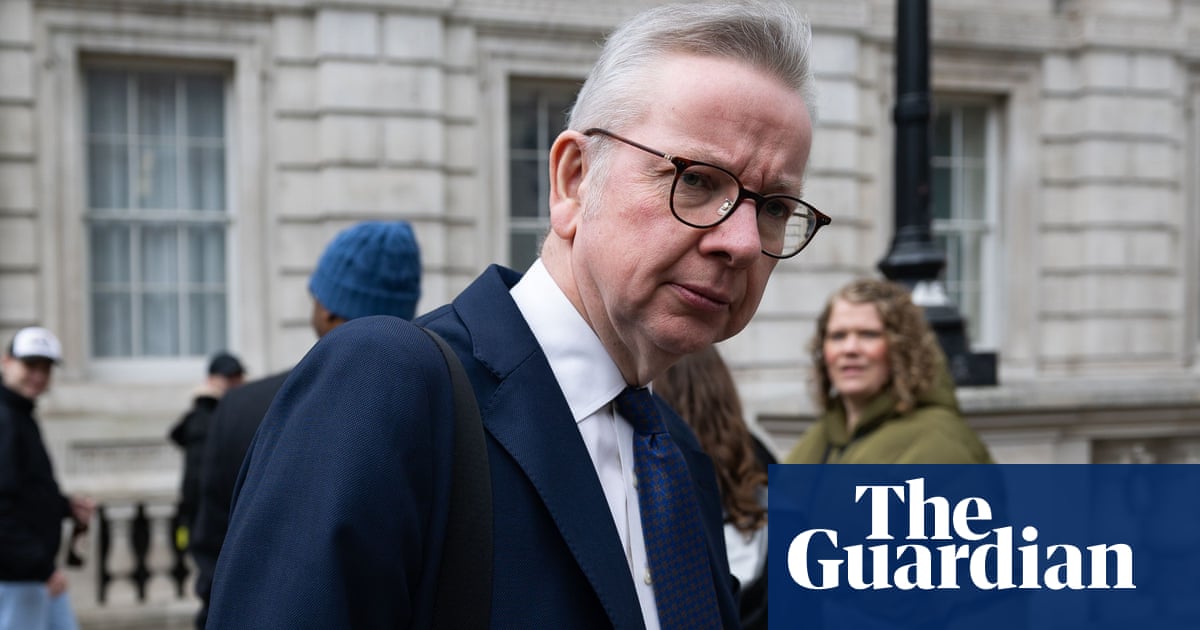
Across Europe, the bashing of “illegal immigrants” is at the heart of nearly every election campaign. Those fleeing conflicts and persecution may not realize it but, if they arrive on this continent, through regular or irregular means, they will be punch bags for politicians, the media and commentators and scapegoats for all the ills of European states, from crime rates to economic strife.
The debate is toxic, often bordering on racist. An obsession with the issue of immigration still dominates the internal politics of Europe. Genuine refugees are deliberately lumped together with economic migrants. The whole debate pits the rights of refugees versus the rights of citizens, as if the two were wholly incompatible.
Yes, the issue of the absorptive capacity of these host societies for migrants is there. But some of the measures being taken threaten to obliterate the whole international legal system in regard to refugee law.
Nowhere has gone further than this in Europe than the UK. The British government has practically been at war with the judiciary to allow it to take actions that would breach its international legal obligations.
Why is the UK taking such a drastic stance? There will be an election at some point in the next 12 months and the government is trying to make this the standout campaigning issue. “Stop the boats” is the slogan, referring to those making the dangerous crossing of the English Channel from France to claim asylum in the UK. In part, this scary debate has succeeded: 20 percent of British voters in December said that immigration was the single biggest issue facing the country.
The Rwanda program had its origins in the crazy last days of Johnson’s premiership. It was a stunt that has since become policy
Chris Doyle
A key plank in the “Stop the boats” agenda is the Rwanda program. This had its origins in the crazy last days of Boris Johnson’s premiership. It was a stunt that has since become policy.
Back in April 2022, then-Home Secretary Priti Patel established the program based on a five-year partnership with the African state. Asylum seekers would be processed having been removed to Rwanda and their claims would be assessed under Rwandan law. Should they be determined to be refugees under Rwandan law, they would remain there. Kigali would get cash for this. It has already received £240 million ($305 million) from the UK as part of the deal, with a further £50 million expected later this year.
The first flight was meant to leave in June 2022, but the European Court of Human Rights issued a Rule 39 order, meaning it had concluded that an individual faced an imminent risk of irreparable harm if sent to Rwanda before the case could be heard in full. To give an idea how chaotic the whole situation is, the UK has had three prime ministers and five home secretaries since that interim order was issued.
The Illegal Migration Act was passed last July. Under this draconian legislation, there is now a legal duty on the home secretary to remove irregular migrants to a third country, provided it is safe to do so.
On Nov. 15 last year, the UK Supreme Court ruled that the policy was unlawful because Rwanda was unsafe owing to its authoritarian nature and use of torture. The court did not stipulate that it was illegal to remove people in principle. The court ruling was clear that Britain cannot abandon those who are persecuted for domestic political reasons.
How has the government reacted? It has pursued a legally binding treaty with Rwanda and is pushing through Parliament what it terms “emergency legislation” that deems Rwanda to be safe. The Safety of Rwanda Bill aims to force UK judges to treat the African nation as a safe country and give ministers the power to disregard sections of the Human Rights Act. However, hard-line opponents argue that it still maintains parts of the European Convention on Human Rights.
Former Home Secretary Suella Braverman is the epitome of the hard-line, far-right group that is opposing Prime Minister Rishi Sunak in Parliament. She sees international law itself as the problem, saying: “We have to totally exclude international law — the Refugee Convention, other broader avenues of legal challenge.” Even Cabinet ministers have refused to commit to the UK remaining as a signatory to the Refugee Convention.
The court ruling was clear that Britain cannot abandon those who are persecuted for domestic political reasons
Chris Doyle
Many push for the UK to withdraw from the European Convention on Human Rights. This would not solve the issues raised by the Supreme Court, but it would undermine the Northern Irish peace agreement and lead to a massive dispute with the Biden administration in the US. The EU has also made it clear that it would undermine Brussels-London relations, not least because it would no longer be safe to extradite someone from the EU to the UK as there would not be adequate legal safeguards. It would bring into question whether Britain believes in the rules-based international system.
But will this Rwanda plan even actually work? The aim is to serve as a deterrent and shatter the pull factor of Britain, making migrants and refugees think twice before taking on the perilous journey across the Channel. As yet, there is zero evidence that this will be the case. Will this change once asylum seekers are shipped out of the country, which might happen from the spring if the government gets its way? The government is also in talks with at least five other countries to take in asylum seekers, but as it stands it only has an agreement with Rwanda.
Other obstacles remain. The bill still has to get through the House of Lords. Is there an airline that would take those being deported to Rwanda? And does it represent good value for money? It is still not clear how much this will all cost. One estimate is that it would be in the region of £169,000 per person. It may be more.
The political opposition in Britain has rejected it. Labour leader Sir Keir Starmer termed it a “gimmick.” Many voters will be examining what Labour says, as it enjoys a handsome lead in the polls. But is it clear what Labour would do in government? The answer is no.
Is Rwanda the new Brexit? The 2019 edition was very much about Brexit and Rwanda is what the Conservatives want the next election to be fought over. Other European states are watching closely. Right-wing forces are hoping that Britain sets a precedent that they can follow.
Yet it beggars belief that other countries, not least in the developing world, would sign up to become a dumping ground so that Europe can resolve its anti-immigration crisis.
In the end, there is a human element to all of this that cannot be ignored. This plan is a cash-for-humans scheme. There should not be a large queue of countries willing to sign up to that.
Chris Doyle is director of the Council for Arab-British Understanding in London. X: @Doylech
Disclaimer: Views expressed by writers in this section are their own and do not necessarily reflect Arab News" point of view












